1. The Greatest American Hero
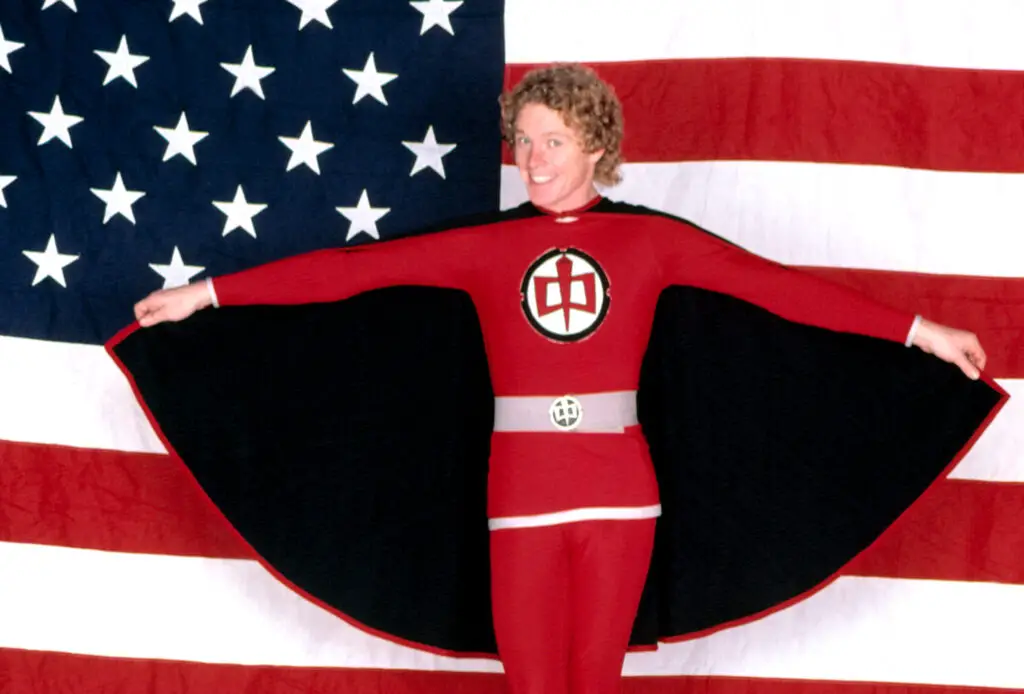
The Greatest American Hero is one of the most beloved yet short-lived shows from the early ’80s. It followed Ralph Hinkley, an ordinary teacher who accidentally receives a super suit from aliens and is tasked with saving the world, despite having no idea how to use his powers. The show mixed superhero tropes with comedic moments, giving it a unique flavor, but it only lasted three seasons before being canceled in 1983 shares MSN.
While the series quickly gained a loyal fanbase, it struggled with ratings, particularly in the second season, as its quirky tone and lack of structure may not have resonated with mainstream audiences. Despite its early cancellation, The Greatest American Hero remains a cult classic, thanks in large part to its endearing characters and the catchy theme song, “Believe It or Not.” With a little more time, the show could have evolved into something truly memorable.
2. Moonlighting
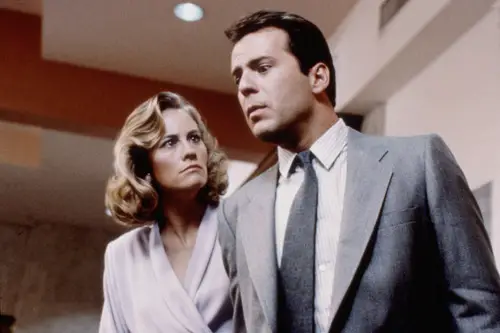
A true gem of the 1980s, Moonlighting combined romance, comedy, and mystery in a way that captivated audiences from 1985 to 1989. Bruce Willis and Cybill Shepherd starred as mismatched private detectives who bickered and bantered their way through cases. The show’s fun chemistry and sharp writing made it a hit in its early seasons, but it struggled with production delays and inconsistent scheduling says Bergen Record.
Despite its initial success, the show was plagued by behind-the-scenes drama, particularly between the leads, which led to long delays between seasons. This inconsistency caused ratings to dip, leading to its cancellation after five seasons. Still, Moonlighting is remembered for its witty dialogue, charming stars, and unique mix of comedy and mystery. Given the right conditions, it could have had a much longer run adds Forbes.
3. The Wonder Years
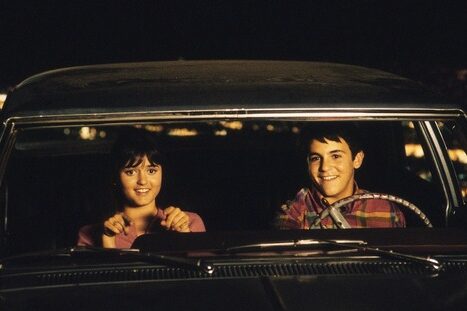
The Wonder Years is often considered one of the greatest coming-of-age series of all time, but it almost didn’t make it past its second season. The show, which ran from 1988 to 1993, followed Kevin Arnold’s journey through adolescence in the ’60s and ’70s, mixing nostalgia with social commentary. Despite receiving critical acclaim, it struggled in its early years to find a broad audience and faced cancellation after its second season shares ReMIND Magazine.
Luckily, The Wonder Years was allowed to continue and ultimately became a cultural touchstone for viewers who grew up in that era. The show’s deep emotional resonance and relatable characters, particularly Kevin’s experiences with family, friends, and first love, allowed it to capture a wide audience. If not for its timely renewal, The Wonder Years may have never reached its potential as one of the most iconic shows of the ’80s and early ’90s.
4. ALF
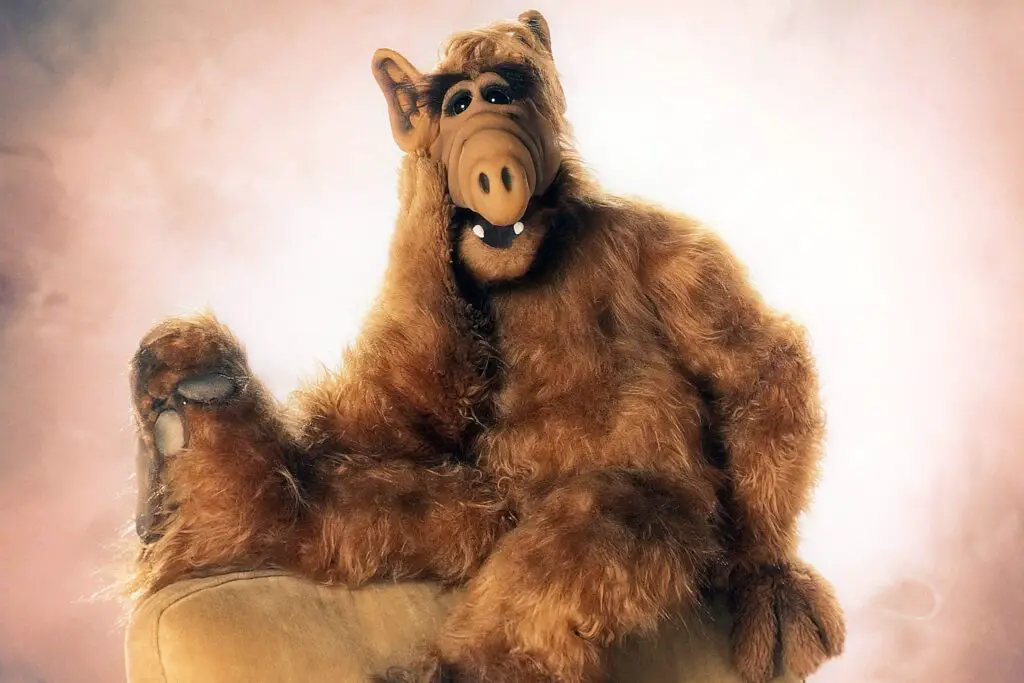
ALF, the sitcom about a wisecracking alien who crashes into a suburban family’s home, was a quirky hit when it debuted in 1986. The show’s central character, ALF, quickly became a pop culture sensation thanks to his offbeat humor and love of eating cats. Despite its unique premise and dedicated fanbase, the show was canceled after four seasons in 1990 due to declining ratings and a shift in the network’s programming focus.
While ALF certainly had its fair share of oddball humor, it also explored deeper themes about family and belonging, which helped it stand out. If the show had continued, there was potential for ALF’s character to evolve and become a lasting part of TV comedy. Fans still cherish it today, thanks to its fun blend of humor and heart, and wish it had been given a longer run.
5. V
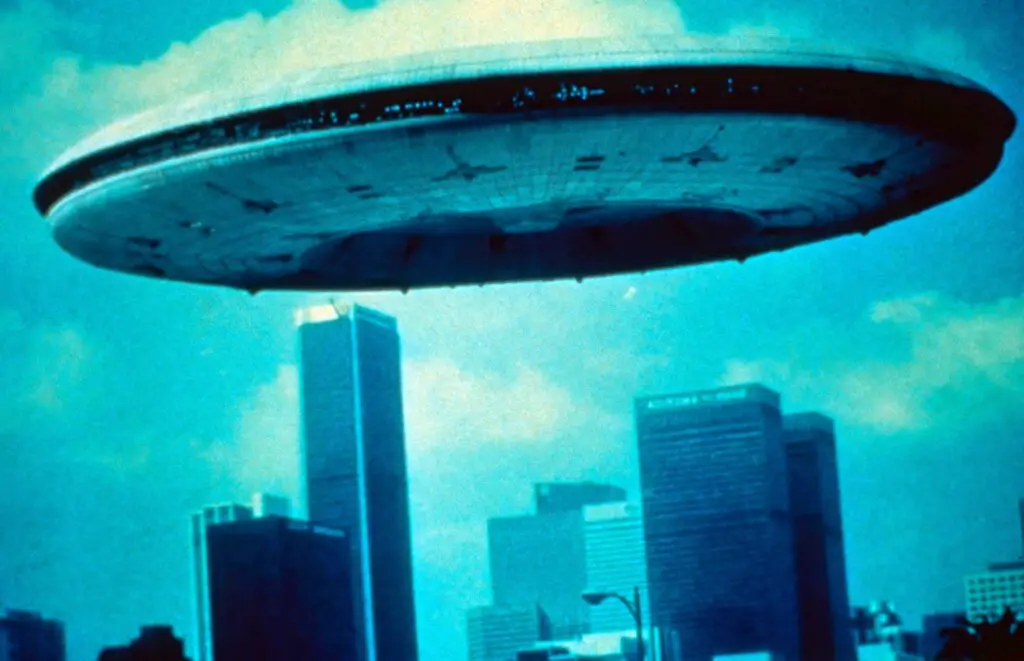
The 1983 miniseries V captured the imaginations of audiences with its intense plot about a peaceful alien race secretly plotting to invade Earth. The story, which explored themes of resistance and deception, became a sensation when it first aired. After its success, the show transitioned into a full series in 1984, but it was canceled after just two seasons.
Despite its gripping premise, V struggled to maintain the momentum it had built with the miniseries. The series was canceled partly due to a lack of compelling new storylines and a decline in ratings. V is still considered a groundbreaking show that mixed science fiction with political allegory, and many fans argue that it could have gone on to be one of the definitive ’80s sci-fi shows if given more time.
6. It’s a Living
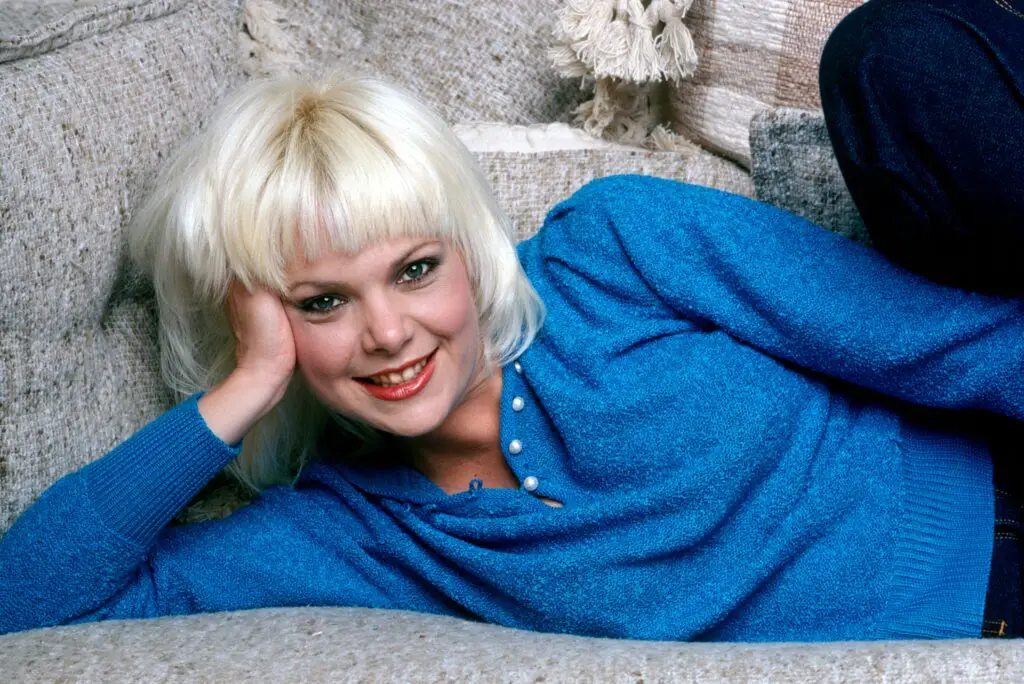
It’s a Living was a quirky sitcom that aired from 1980 to 1982, set in a restaurant atop a high-rise hotel. The show followed a group of waitresses, cooks, and other staff working together, navigating their professional and personal lives. It blended comedy with relatable drama, focusing on the dynamics of working in a service-oriented environment and the relationships that develop within that setting. Despite its charming cast and witty writing, it was canceled after just three seasons.
Although It’s a Living had a dedicated following, it struggled to compete with other prime-time shows. The series had a unique premise, offering a glimpse into the lives of people working in an unconventional job, but the format wasn’t widely embraced. If the show had been given more time, it could have developed its characters further and potentially carved out a niche for itself as a workplace comedy with a mix of humor and heart. Instead, it became one of those ’80s shows that many fans fondly remember, wishing it had a longer run.
7. The Bad News Bears
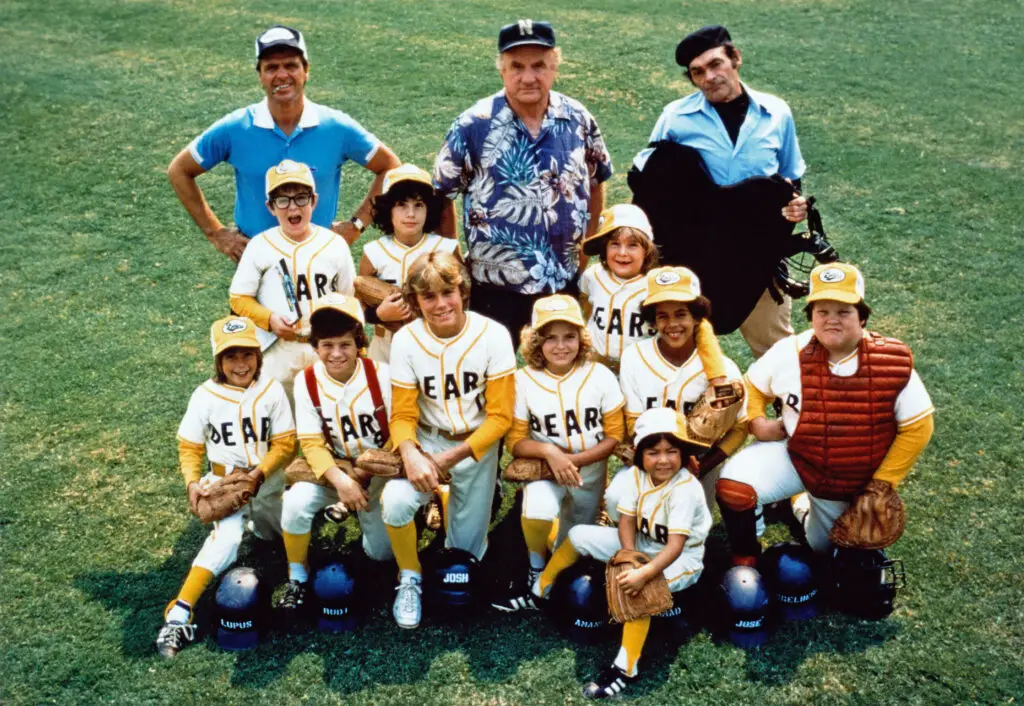
Based on the beloved 1976 movie, The Bad News Bears TV series aired in 1979 but quickly became part of the early ’80s landscape, running until 1980. Like the movie, the show centered around a little league baseball team filled with misfits and coached by a rough-around-the-edges adult played by the legendary Tony Curtis. The series carried over the film’s charming blend of heart, humor, and underdog spirit. Despite the movie’s success, the TV adaptation only lasted one season.
Though it struggled in the ratings, The Bad News Bears resonated with viewers who appreciated its honest portrayal of kids working together and growing through their mistakes. The show’s unique characters and light-hearted take on sports made it stand out from other family sitcoms at the time. Unfortunately, the early cancellation prevented it from truly finding its footing and developing the same kind of cultural significance as the original film. Given more time, it could have evolved into a beloved family classic, capturing the same charm and enduring appeal.
8. Highway to Heaven
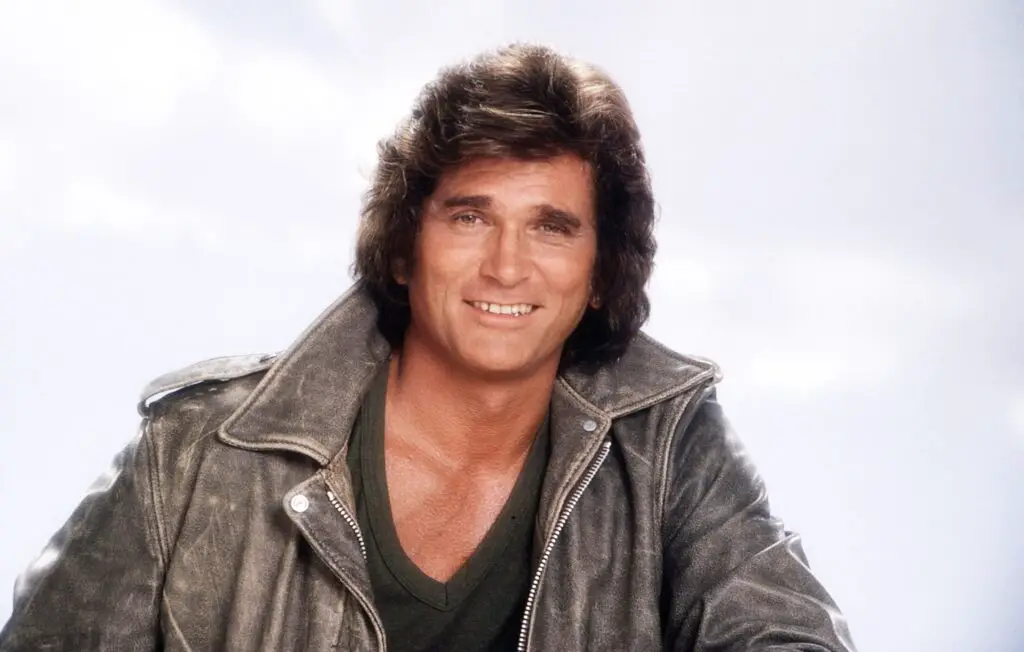
Michael Landon’s Highway to Heaven (1984–1989) was a drama that followed an angel sent to Earth to help troubled people. The series combined heartwarming stories with a strong moral compass, but it was canceled after five seasons despite its positive reception. Landon’s empathetic portrayal of his character, Jonathan, and the show’s uplifting messages made it a beloved series.
Despite its devoted fanbase, the show faced challenges in the later seasons, including waning ratings and a shift in audience tastes. Highway to Heaven had a timeless appeal with its focus on kindness and personal growth, but it was not immune to the pressures of network TV. Had the show been allowed to continue, it might have remained a cornerstone of family-friendly drama throughout the late ’80s.
9. The Fall Guy
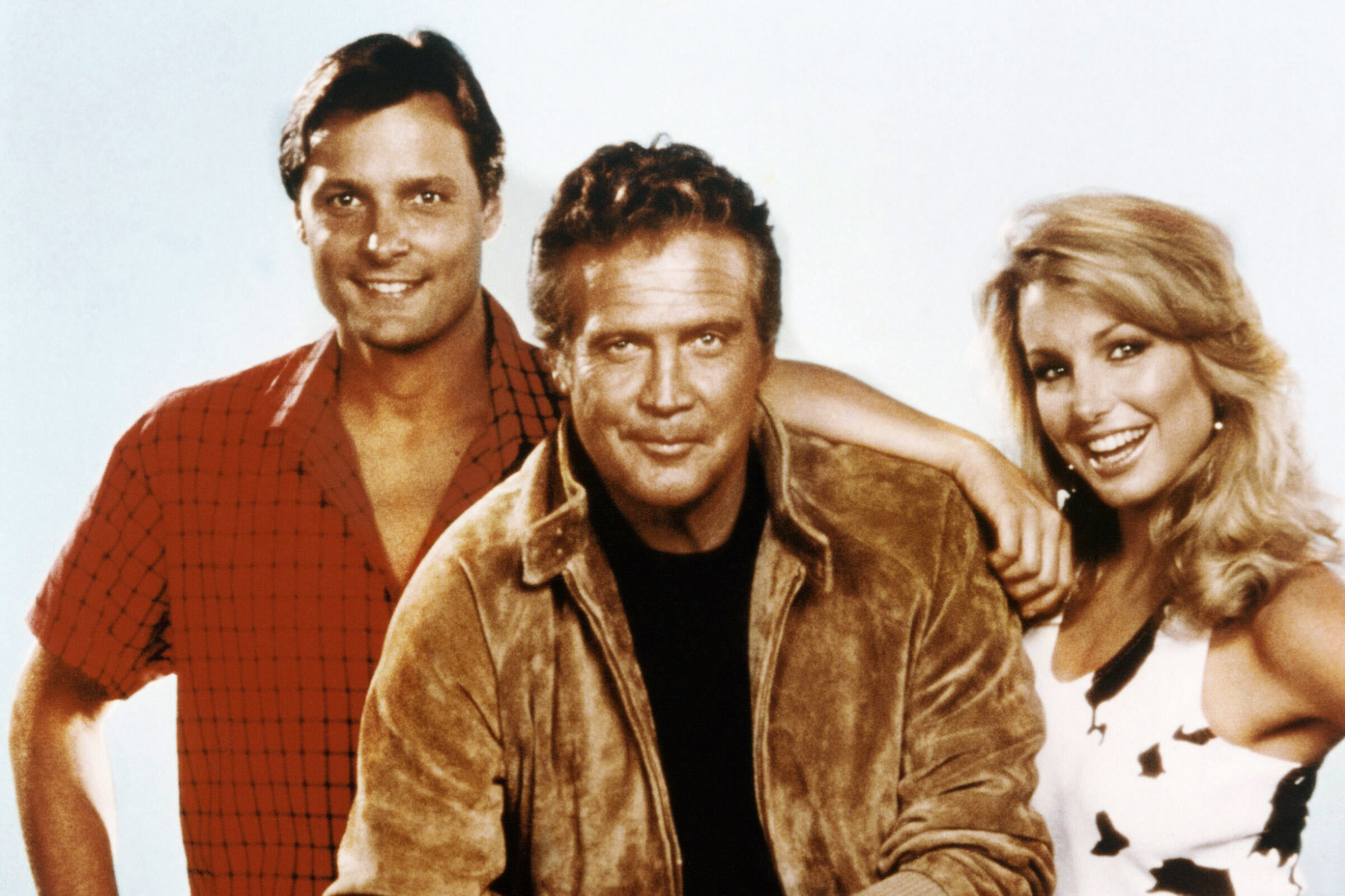
Running from 1981 to 1986, The Fall Guy was a fun action-adventure show that starred Lee Majors as Colt Seavers, a stuntman who moonlighted as a bounty hunter. The show balanced action, comedy, and drama, and gained a solid fanbase. However, despite its popularity, The Fall Guy was canceled after five seasons due to declining viewership and a shift in the types of shows networks were interested in at the time.
While the show was fun and had strong performances from Majors, it ultimately wasn’t able to compete with other action-heavy shows of the time. The Fall Guy offered viewers a unique blend of lighthearted action and humor, and it’s still fondly remembered today by fans who wish it had been given more time to develop its stories and characters.
10. Too Close for Comfort
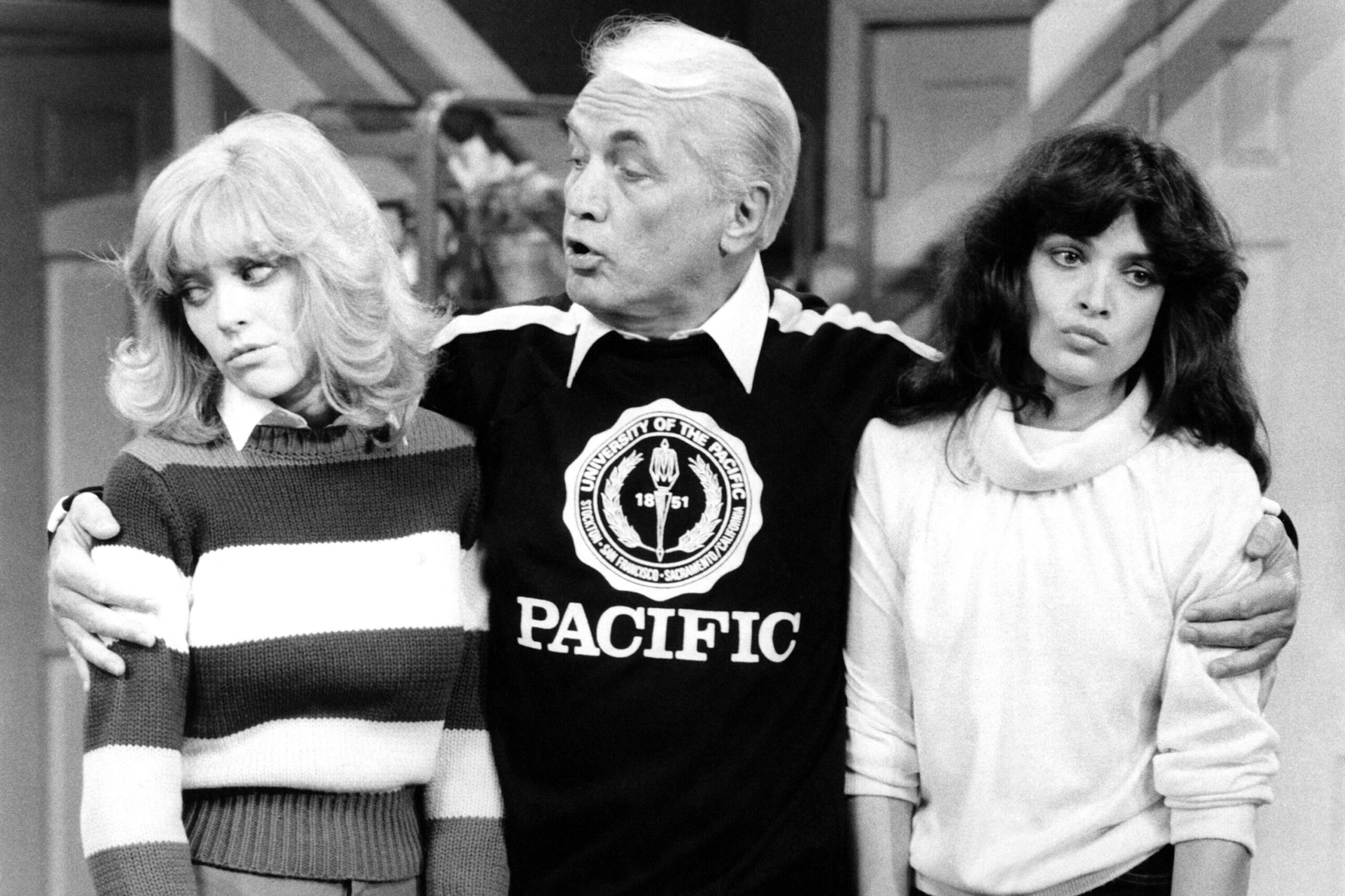
A quirky sitcom that aired from 1980 to 1987, Too Close for Comfort was about a cartoonist (played by Ted Knight) and his family. It had a lighthearted, family-friendly tone, and its characters were full of charm and eccentricities. The show was ultimately canceled after six seasons, despite a strong fanbase.
While Too Close for Comfort had its moments, its storylines began to feel a bit repetitive by the end of its run. Nevertheless, its focus on the complexities of family life and relationships was ahead of its time. Had it been allowed to evolve further, the show could have continued to entertain viewers with its unique approach to family sitcoms.
11. Manimal
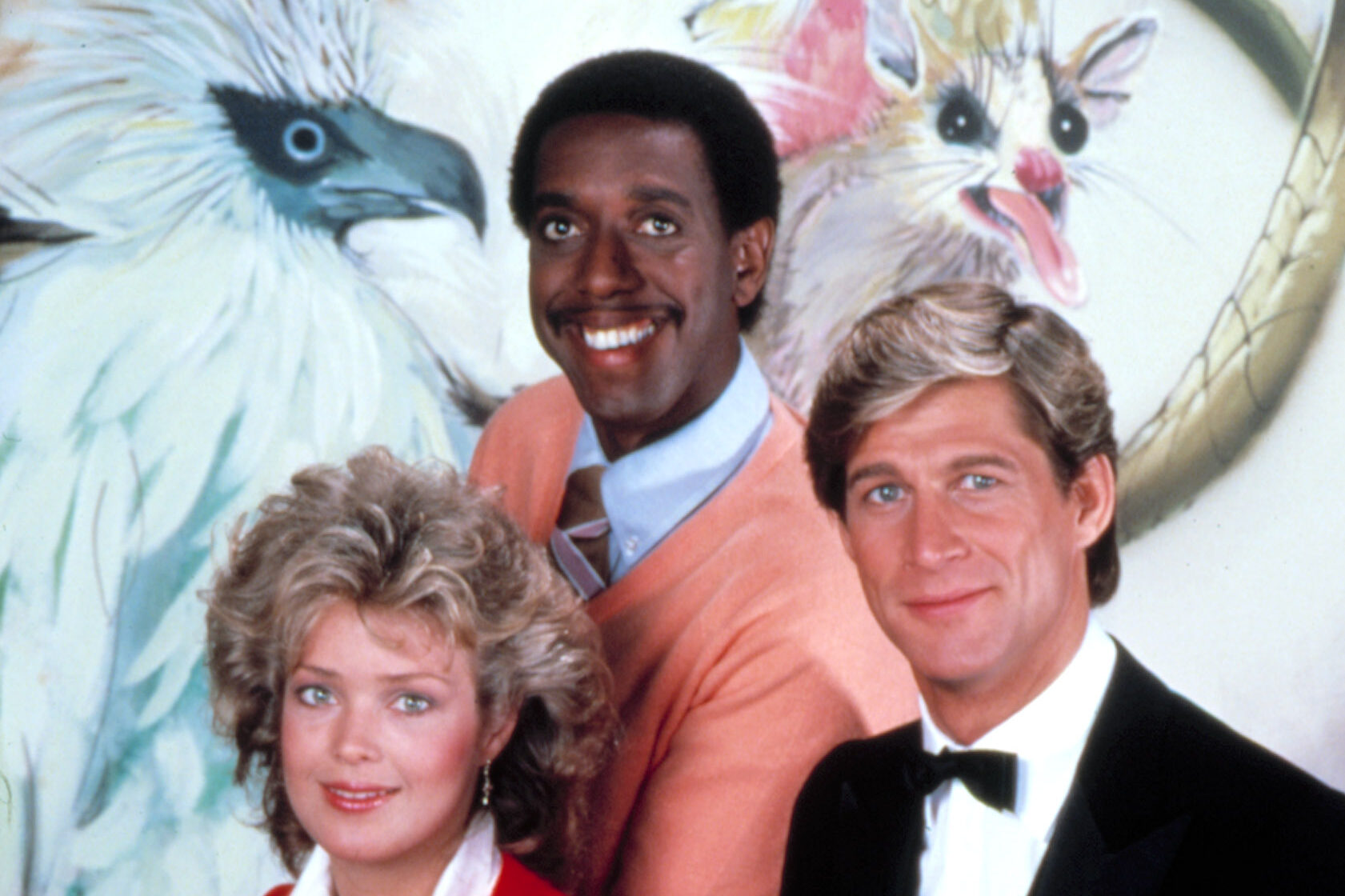
Premiering in 1983, Manimal was a cult favorite sci-fi series about a man named Dr. Jonathan Chase, who could transform into any animal to fight crime. The show was full of over-the-top action and intriguing concepts, but it struggled to find an audience and was canceled after just eight episodes.
Despite its early cancellation, Manimal had a bold premise that could have developed into a unique and iconic show. The idea of a man with the ability to transform into different animals to solve crimes was imaginative, but the series didn’t catch on with mainstream audiences at the time. With more time to build on its premise, it might have found the right audience and become a cult classic.
12. Sledge Hammer!
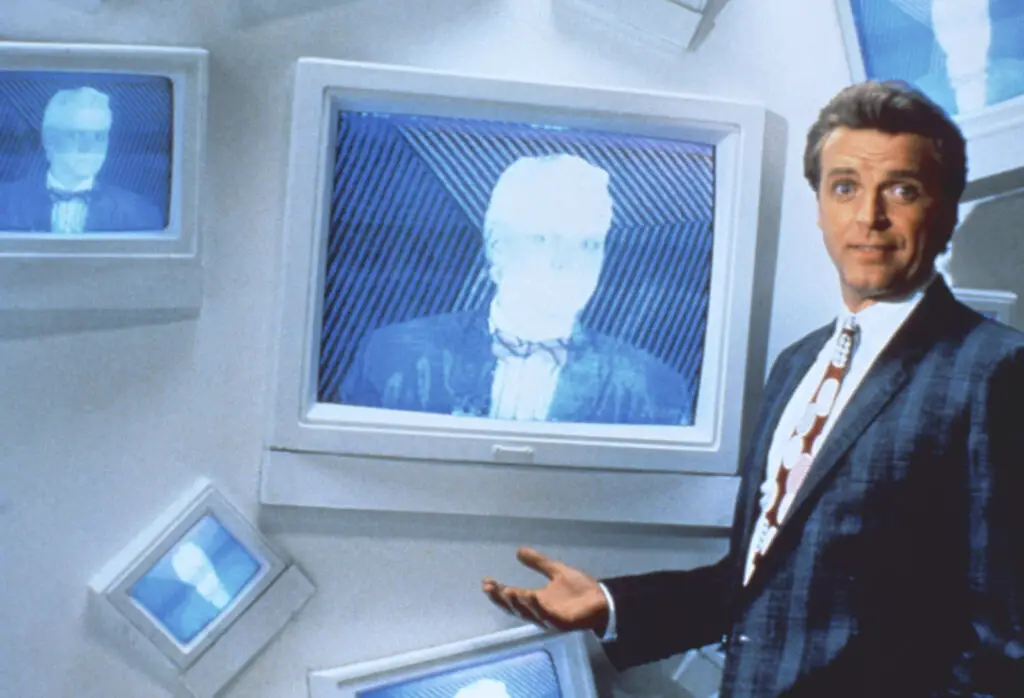
Sledge Hammer! was an offbeat cop comedy that aired from 1986 to 1988, and it was a true product of the ’80s, blending outrageous humor with action-packed moments. The series followed a tough, trigger-happy detective, Sledge Hammer, played by David Rasche, who was known for his unorthodox methods and a love for using excessive force. The show parodied police procedurals, using dark humor and absurd situations to highlight the ridiculousness of macho cop stereotypes. Despite gaining a cult following, it was canceled after only two seasons.
Sledge Hammer! had the potential to become a long-lasting satire of crime dramas, with its witty one-liners and slapstick moments that pushed the envelope. However, the show’s over-the-top style and the portrayal of the titular character’s exaggerated machismo likely alienated mainstream audiences. Given more time to fine-tune its tone, Sledge Hammer! could have carved out a solid niche, much like other cult comedies of the ’80s. It remains a fan favorite to this day, with viewers wishing it had been allowed to run longer.
13. Rags to Riches
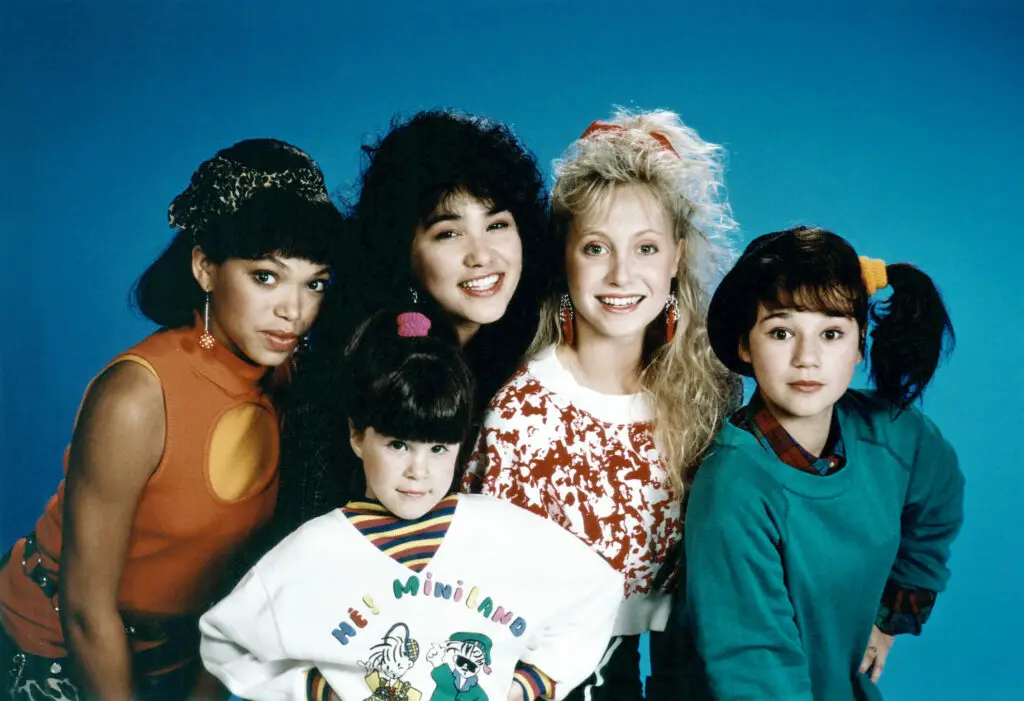
A musical sitcom from 1987 to 1988, Rags to Riches featured a wealthy businessman who becomes the guardian of a group of orphaned girls. The show had catchy musical numbers and a charming cast, but it was canceled after just two seasons.
The show’s premise, combining music and comedy, was unique for its time, but it failed to maintain a consistent audience. Despite its charming characters and upbeat vibe, the show never became a major hit. If given more time, Rags to Riches could have grown into a long-lasting and memorable series, continuing to entertain with its catchy songs and lighthearted stories.
14. Automan
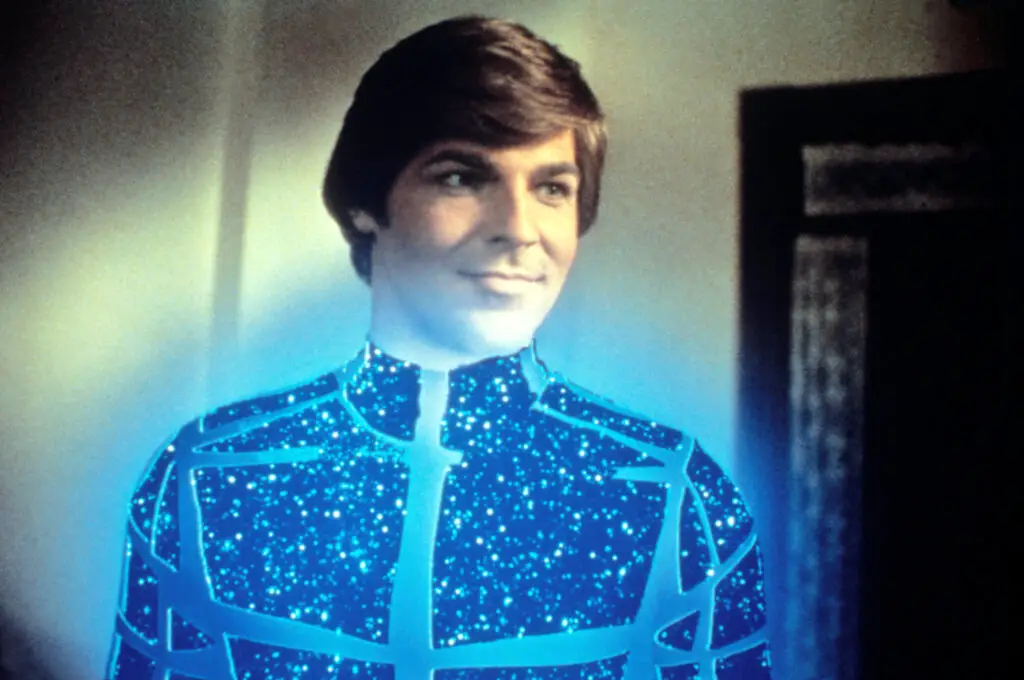
Automan (1983–1984) was a short-lived sci-fi show about a computer genius who creates a holographic crime-fighter named Automan. It was a fun, futuristic series with special effects that were impressive for the time. However, it didn’t last long on the air, despite its innovative premise and entertaining characters.
The show had the right mix of action and tech, but it struggled with ratings and was ultimately canceled after just one season. Automan was one of those shows ahead of its time, offering a unique take on technology, crime-fighting, and heroism. Had it found a larger audience, it could have become a staple of ’80s television.
